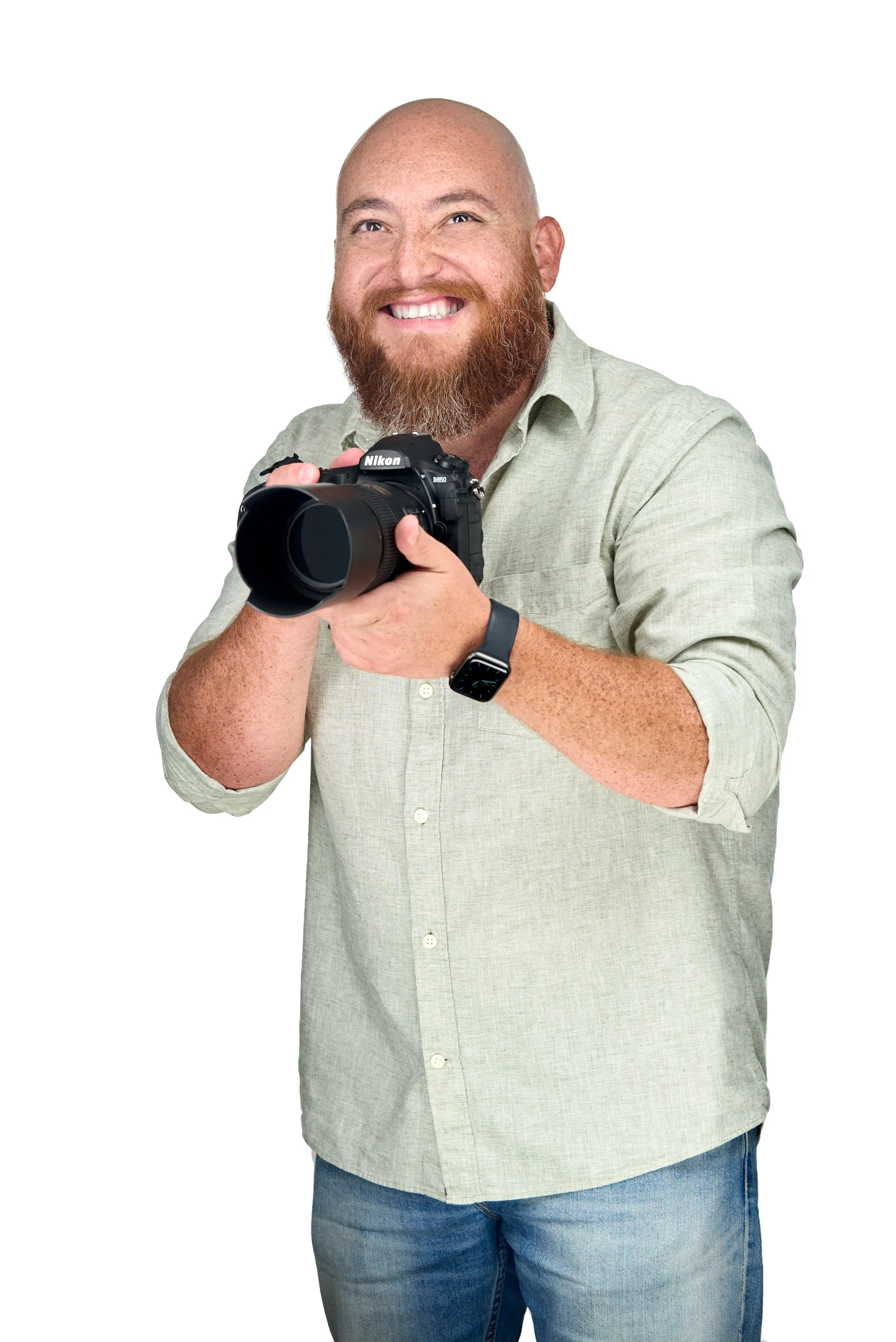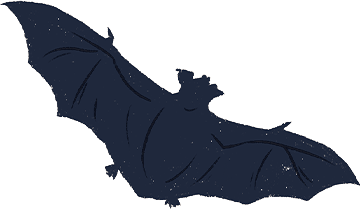
I am a
behavioral ecologist
Melquisedec Gamba-Rios, PhD
Presented by BAT CONSERVATION INTERNATIONALMY PATH
How I became a photographer, explorer, and behavioral ecologist.
Outdoor Explorer
EXPLORING THE OUTDOORS IN COLOMBIA
01 / I was the oldest of 5 kids and grew up in Colombia, where I loved exploring the outdoors. I didn’t realize that I could be a scientist and work outside.
02 / I loved having the opportunity to go rock climbing and backpacking with friends in really beautiful places. From a young age, I really enjoyed being outside.
03 / I was a good student, but also kind of a troublemaker in high school.
04 / I was interested in Geology because I thought it would be a career path that involved the outdoors. I didn’t care much about other kinds of science in school, because it seemed like they were more about facts and memorization than research and exploration (now I realize that’s not true!).
Discovering my Interests
LOVE AT FIRST BITE
01 / After graduating high school, I spent two years serving in the military and then moved to Costa Rica with my family. From age 19-22, I worked full-time to save money. I started out fixing PlayStations and then got a job hosting outdoor adventures with a local company.
02 / When I finally saved enough money to go back to school, it was a little difficult to become a student again. During my time out of school, I read a lot, but it took some time to adjust to learning in a classroom.
03 / In college, I decided on a Biology major because Geology wasn’t available that year. When I started to do fieldwork, I learned critical thinking, data collection and scientific writing. The experience of going outside and seeing science in action fascinated me.
04 / One of my first projects with a college friend was with bats. It was my first experience with them, and I ended up being bitten while we released them from the mist nets! It was my fault for not wearing gloves (I was learning and I got a rabies vaccine the following day), but I got the chance to have a close-up interaction with these incredible fruit-eating bats. After that experience, I decided that’s what I wanted to focus on for the rest of college (and always wore gloves after that)! That’s why it’s important to explore lots of different types of science; if you aren’t sure what you’re interested in, you never know what will catch your attention.
Staying Patient
WAITING FOR THE RIGHT OPPORTUNITY
01 / After college, I worked for several years before starting my PhD. It was important to me to find the right opportunity, and that can require patience. My senior graduation project was studying bats in one of Costa Rica’s cities. It had an exciting set of problems and challenges, and I realized I enjoyed working on solving problems and puzzles, such as how bats can be protected in urban environments.
02 / I spent the next several years creating educational programs and serving as the academic coordinator at the same place that I caught (and got bitten by) my first bat! I knew I wanted to go back to school, but living in a small town made getting a PhD feel very far away sometimes. I kept talking to everyone I could about my interests and tried to build relationships with visiting researchers. After some time, I finally met the correct mentor and the right opportunity.
03 / I had the support of a Professor at University of Tennessee, Knoxville, to apply to their PhD program. It was a difficult task, and at one point, I had to spend my savings to fly to San Francisco for just a few hours to take a TOEFL test, an English language proficiency test, just so that I would have a chance to get in. During my tenure at UT Knoxville, I worked with multiple bat species. My main project focused on bats' behavioral response to predators, which has been an understudied topic in this group of mammals.
Science for Good
SAVING AMERICA’S MOST ENDANGERED BAT
01 / After getting my Ph.D. in Ecology and Evolutionary Biology I moved to Florida. Now, I have a job that balances my love of bats, education, and working outside. Now, I work in Miami, Florida, studying the Florida bonneted bat, one of the most endangered bat species in the US. The rapid urbanization of Florida, especially in the southern part of the state, combined with climate change impacts, are limiting the available natural roost and foraging habitat for the species.
02 / My work focuses on understand which factors influence Florida bonneted bat distribution, abundance, roost selection and foraging habitat use in urban environments. Understanding these elements is key to design a conservation strategy for this species across its entire range.
03 / We have successfully created alternative roost for the bats in urban settings, increasing the population in some areas by installing man-made bat houses. It’s very powerful and motivating to know that my work is helping to save this species and protect it in the future.
04 / I also love that my work requires me to travel back to Latin America often. It’s very important to me to increase the opportunities for students to give them additional tools to help them succeed.
MAJOR INFLUENCES
I wasn’t that interested in science growing up.
In high school, I preferred history and just exploring outdoors. So I thought about studying geology so that I could combine the two. However, the college I went to wasn’t offering geology as a major that year, so I ended up studying biology and found the exciting world of bats.
Major Milestones
Discovering Bats in College
I started college in Costa Rica five years after I graduated from high school. It was by total chance that I discovered my interest in bats!
My P.h.D.
During my tenure at UT Knoxville, I worked with multiple bat species. My main project focused on bats' behavioral response to predators, which has been an understudied topic in this group of mammals.
Working at Bat Conservation International
After getting my Ph.D. in Ecology and Evolutionary Biology I moved to Florida. Now, I have a job that balances my love of bats, education, and working outside.
Things I learned
along the way:
Looking for teacher resources?
PHOTOGRAPHER: Malena Vasquez • Illustrator: Ana Latese© 2024 THE PLENARY, CO. ALL RIGHTS RESERVED. TERMS. PRIVACY.This is a brand new site! See an issue? Let us know.












